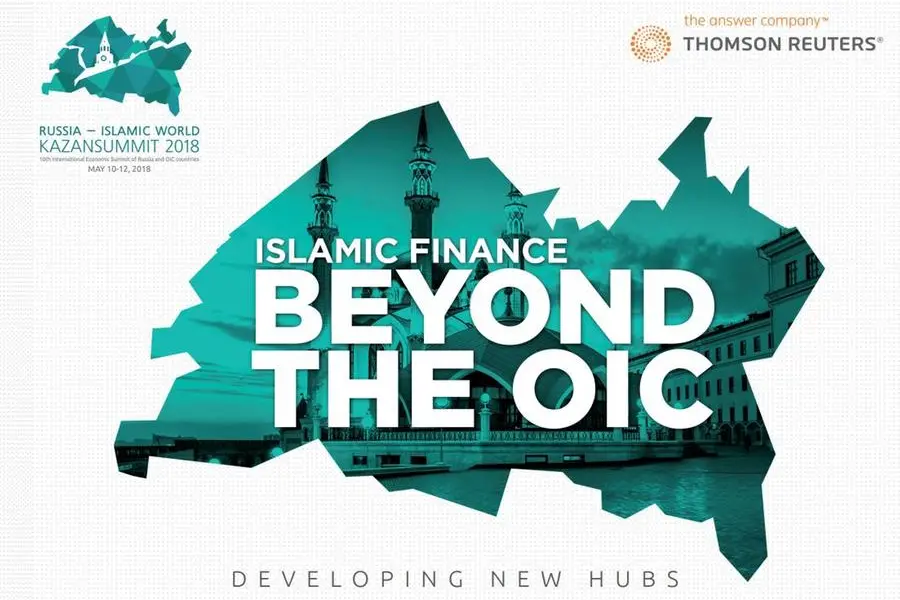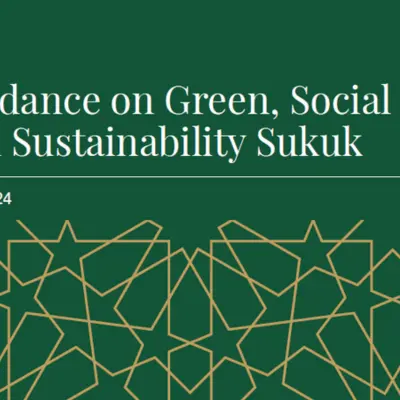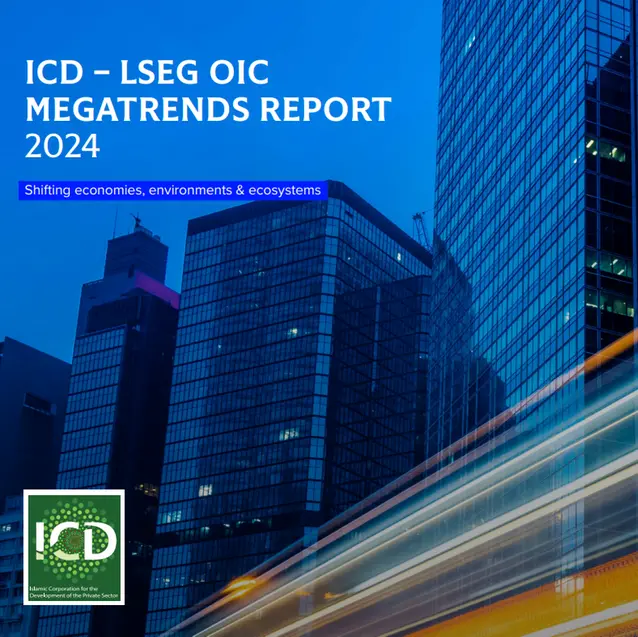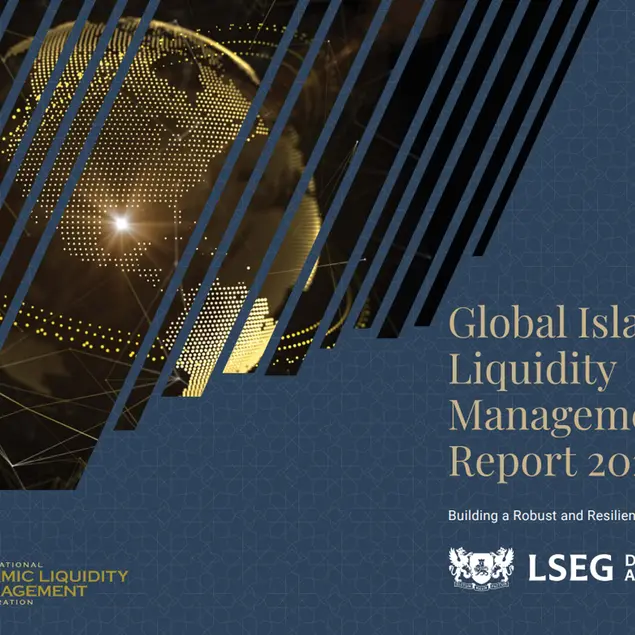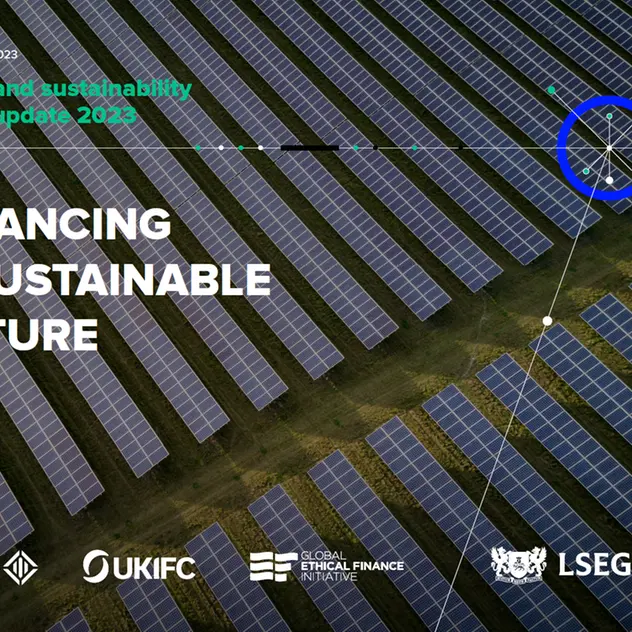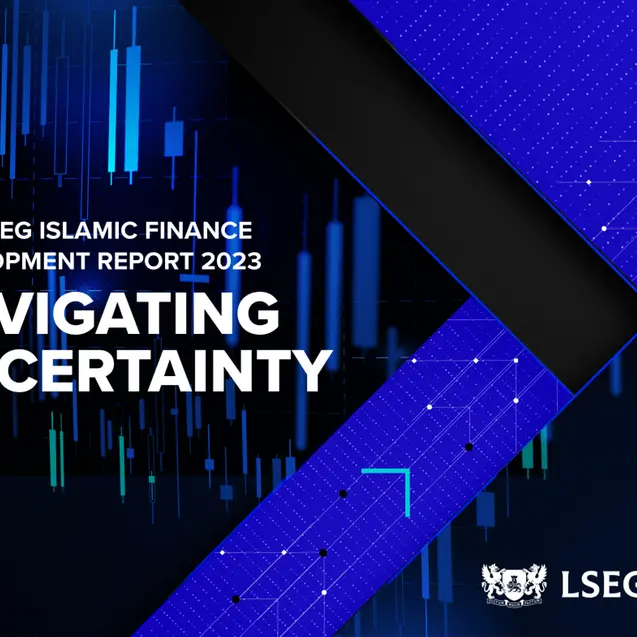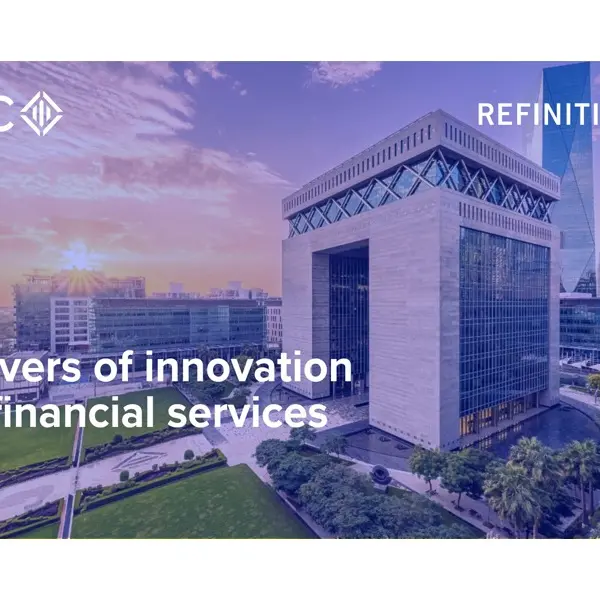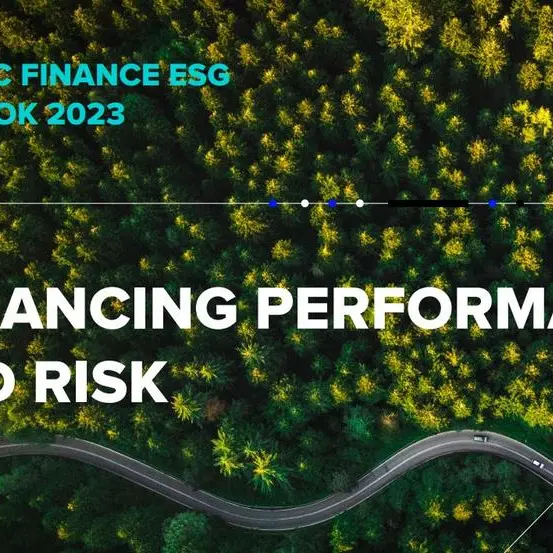PHOTO
Among the principles of Islamic finance are the rejection of riba (interest payments), a spirit of cooperation between lender and borrower, and a general reliance on investments in the real economy rather than on speculation.
Financial centers outside the OIC countries have had success introducing Islamic finance, both to serve resident and foreign Muslim investors as well as to profitably direct capital to growing markets in the Middle East, South and Southeast Asia. While the UK is currently a leader in this space, with around US$7 billion in Islamic finance assets, in light of Brexit negotiations, investors and sukuk issuers are looking to Luxembourg as an attractive center with access to European markets. South Africa is a relatively smaller Islamic finance market, but it holds great potential because of the reach of its financial industry to the large Muslim populations of Southern and East Africa.
Access the full report to find out:
- The global Islamic finance landscape;
- Trends in Islamic finance in nonOIC markets;
- Developments in Islamic finance in the UK, Luxembourg and South Africa; and
- Islamic finance’s potential in Russia and Tatarstan.
